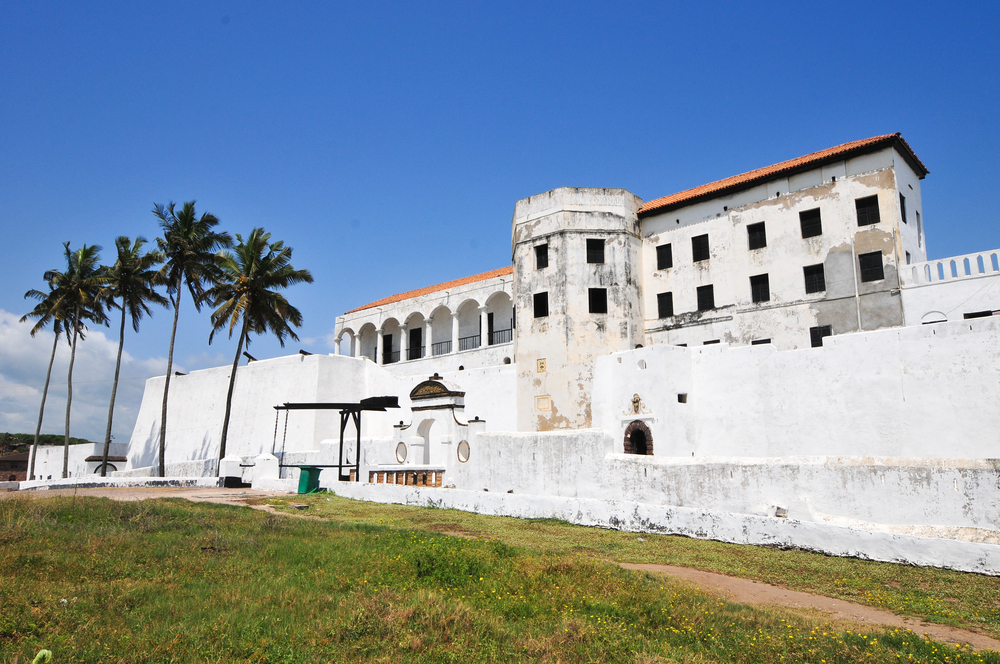
The 2023 WUN Summer School in Ghana offered an integrated look at history, climate change, conservation efforts, and both old and new ways of life in Ghana through a focus on the country’s biocultural heritage.
Undergraduates from around the world considered the effects of climate change on Ghana’s cultures and ecosystems during the Worldwide Universities Network 2023 Summer School.
During their regular academic lives at WUN universities in Africa, Asia, and Europe, the student participants focus on subjects such as international relations, climate action, foreign languages, archaeology, and history. During the program, they expanded those perspectives through a close look at the effects of climate change on migration and natural resources, explains program director and course instructor William Narteh Gblerkpor.
From their base at the University of Ghana’s campus in Accra, the program’s ambitious 10-day schedule featured a visit to the Mognori Eco-Village near Mole National Park. The village preserves traditional and sustainable ways of living, educates visitors with cultural performances, and uses shea butter production as a sustainable economic activity for residents.
“The visit allowed me to get to know people who live in the way in which the ancient people lived thousands of years ago,” writes one student in their review of the Summer School, who said Mognori offered “enlightenment” regarding living in harmony with nature, rather than in conflict with it.
Although all the students reacted with awe to local biodiversity and natural beauty – being feet from a herd of elephants will have that effect – the program’s range of experiences spoke to individuals’ interests, says Gblerkpor. For example, students studying architecture and engineering were particularly captivated by Cape Coast’s fortified trading posts, which have stood since the 15th century.
A visit to the large traditional market in Techiman, which has been operating for millennia, showed students how forest resources, “still bound by Indigenous market systems,” and goods from the Sahara region, the Ivory Coast, and elsewhere combine at a site of social and economic activity, says Gblerkpor. One core question facing the students was how climate change stands to alter, or has already altered, the country’s biocultural heritage: the knowledge and practices that link Indigenous peoples with the natural environment.
Colonialism is of course part of that story. At the Portuguese-built Elmina Castle, students “saw the history of interaction between Europeans and Africans,” says Gblerkpor. “Europeans were coming to West Africa in pursuit of other forms of economic activity, but that also included the forceful migration of enslaved Africans,” he says. He drew students’ attention to some of the region’s staple crops– cassava and maize – available for sale at roadside stands north of Accra. Migration across the Atlantic brought those crops to West Africa. Conversely, the slave trade destroyed biocultural heritage as it separated African people from their communities.
The program boasted an integrated look at such histories, climate change, conservation efforts, and the old and new ways of life in Ghana. According to another student’s evaluation, the experience “has taught me that I can’t cooperate with my surroundings without cooperating with humans around me.”
WUN thanks the University of Ghana for hosting Summer School 2023.